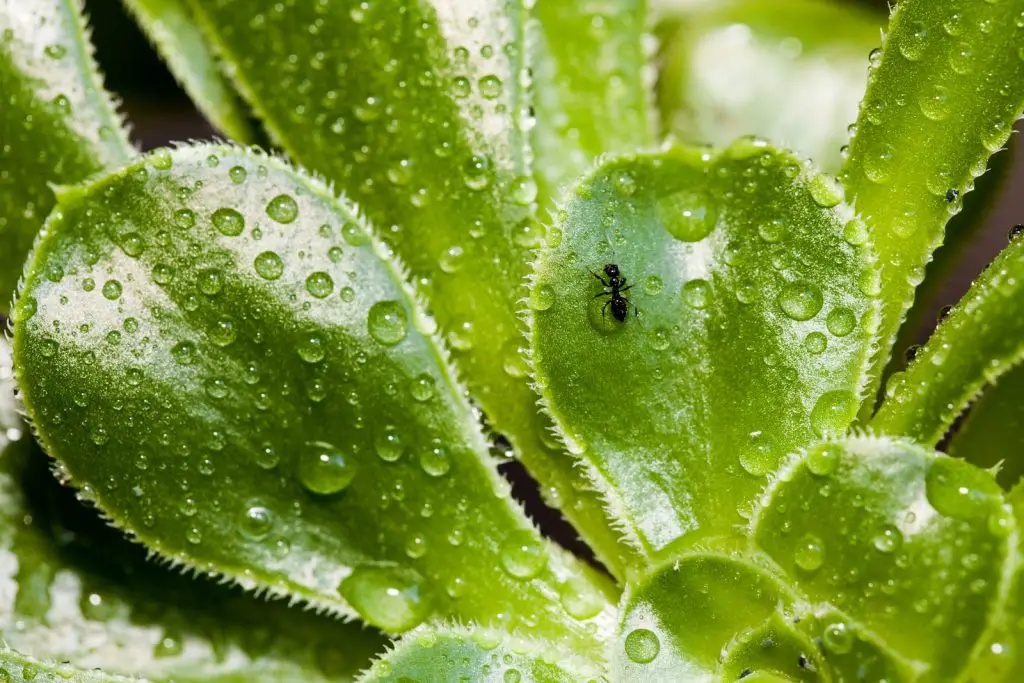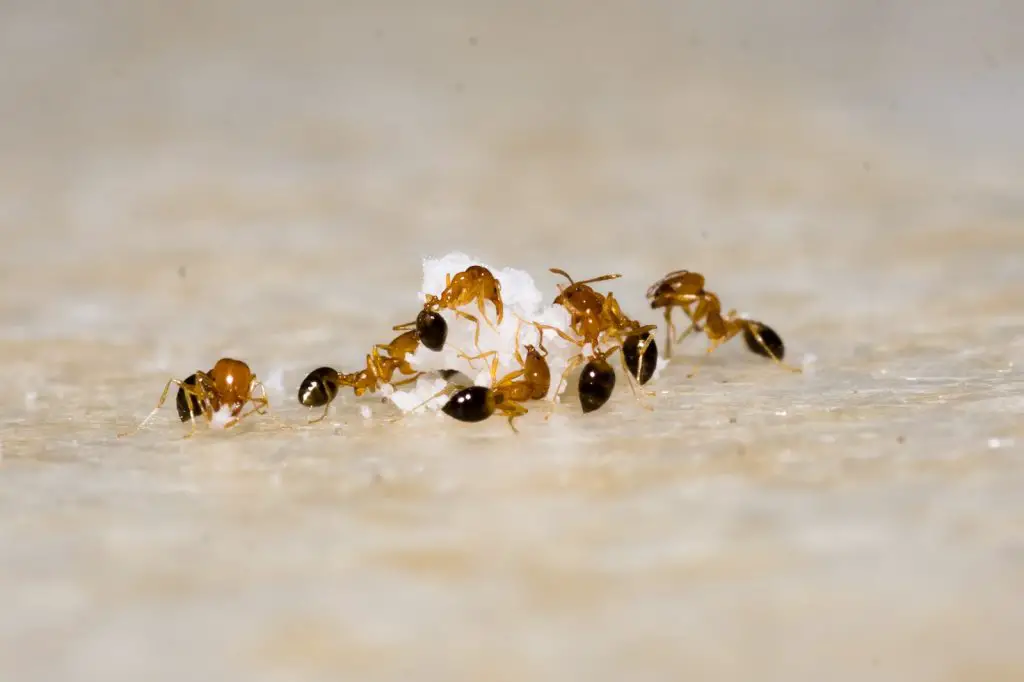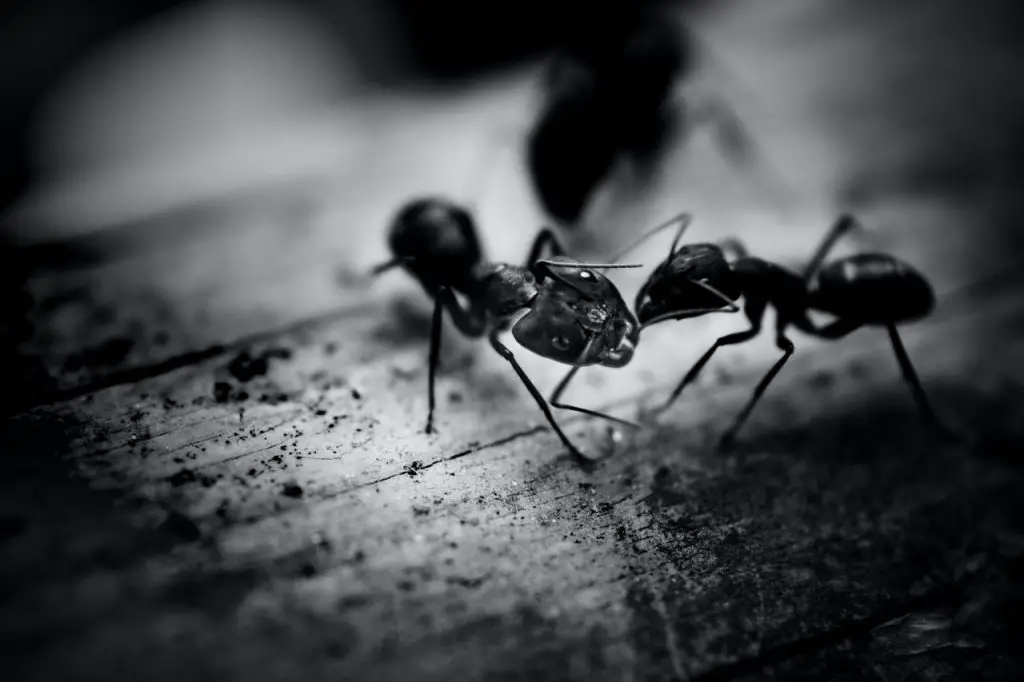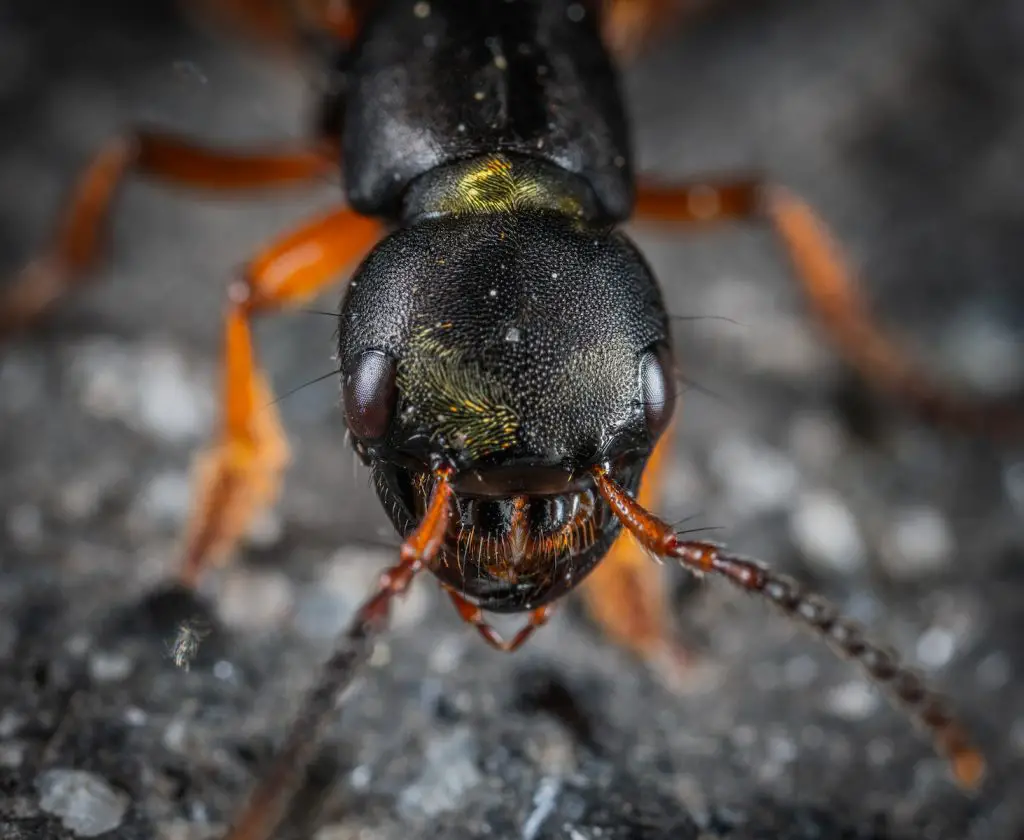Ants can survive a long time without food, but the specific time it takes to starve varies with the ant species, social cast, and even the conditions where they are located. Understanding how long ants can last before starvation is crucial for understanding how many individuals of an ant population may die when their habitat sustains periods of food-scarcer years.
Understanding The Life Cycle Of Ants
Ants can go without food for long periods, but they will eventually die if they do not have access to food. The life cycle of an ant starts with an egg. The egg hatches into a larva, which grows into an adult. The adult then reproduces, and the process begins again.
The average lifespan of an ant is about two years.
A colony of ants can live for many years. The life cycle of an ant starts with an egg. The egg hatches into a larva, which is a small, white, worm-like creature.
The larva molts (sheds its skin) several times as it grows. When it is fully developed, it pupates (forms a cocoon). Inside the cocoon, the larva changes into an adult ant.
The adult ant emerges from the cocoon and goes through several stages of development before becoming a colony’s reproductive member.
After mating, the female ant lays eggs and repeats the cycle.
How Long Do Ants Live Without Food?
Ants can live without food for long periods. Some species of ants can go without food for up to a year. However, most ants will only survive for a few weeks without food.
The red harvester ant is the longest-lived ant, which can live for up to six months without food. However, most other ant species will only survive for a few weeks without food.
So why do some ants live so much longer than others without food? It all comes down to anatomy and physiology.
The red harvester ant has a large stomach that can store enough food to last it for months, while other species of ant have much smaller guts that cannot store as much food.
In addition, the red harvester ant has a very efficient digestive system that allows it to extract all the nutrients it needs from its food. This means that it can survive on less food than other ant species.
Carpenter ants typically live for around 7 years, while Pharaoh ants have a much shorter lifespan of about 6 months. However, what’s truly shocking is that some types of ants can live without food for up to a year!
Now, you might wonder how these creatures survive for so long without sustenance. Well, it all has to do with their metabolism. When an ant goes without food, its metabolism slows down significantly. This allows them to conserve energy and survive for extended periods of time.
So there you have it: the next time you see an ant marching around your kitchen, think about how long it could go without food!
How Long Can Ants Live Without Food During Hibernation?
It is believed that ants can live for months without food during hibernation. Their metabolism slows down so much that they do not need to eat or drink. They will just wait until the weather warms up.
Ants then come out of their nests and start looking for food again.
In the winter, ants go into hibernation to survive the cold. During this time, they do not eat or drink. They will stay in their nests and wait for the warmer weather to return.
How Long Can a Queen Ant Live Without Food?
A queen ant can live without food for up to three years. This is because they store food in their bodies and can use this to survive during periods when food is scarce. However, if a queen ant does not have access to food for an extended period of time, it will eventually die.
How Long Can Ants Live Without Water?

Most Ants Live without water for up to two weeks. Ants can go without water for a long time, but they will eventually die if they do not have access to water. While some species of ants can live for months without food, they will not survive more than a day or two without water.
As most people know, ants are tiny insects that live in colonies. They are very interesting creatures because they have a complex social structure and are able to communicate with each other.
Now, the question is, how long can ants live without water?
The answer may surprise you because ants can actually live without water for quite a while. In fact, some species of ants can go without water for up to six months!
This is possible because ants have a special type of body called an exoskeleton. This means that their internal organs are protected from the outside environment, including the lack of water.
So, the next time you see an ant colony in your backyard, don’t be so quick to spray them with water!
How Long Do Worker Ants Live?
Worker ants live for about six weeks. However, if they do not have access to food, they will only survive for about three days.
What Do Ants Eat?
Interestingly, most ants can go without food for long periods of time – up to a month! However, this doesn’t mean that they don’t need food at all. If an ant colony is not getting enough food, the ants will start to slow down and eventually die. So, what do ants eat?
Like most insects, ants are omnivorous, meaning they will eat just about anything. The type of food an ant colony eats depends on what is available in its environment.
For example, some species of ants in the rainforest eat nectar from plants while others eat other insects. In urban areas, you might find ants raiding your picnic or scavenging for crumbs on the ground. Some species of ants are even known to eat dead animals!
How Long Can Fire Ants Live Without Food?
A colony of fire ants can survive for months—even years—without food. However, an individual fire ant can only live a few days without food. If a fire ant is removed from its colony, it will quickly perish.
How Long Do Carpenter Ants Live Without Food?
Carpenter ants can survive for long periods of time without food. However, their lifespans are significantly shorter when they don’t have access to food. Carpenter ants typically live for about 3-5 years, but they can live for up to 10 years if they have a steady supply of food.



